Class Acts
Alumni News and Notes
Alumni News and Notes
Debut novel speculates about climate change
In a near-future devastated by climate change, a visionary architect is constructing a utopian building project called Camp Zero. As the narratives of a spy, an idealistic academic, and a band of women scientists converge, we discover that Camp Zero isn’t what it seems and begin to ask what’s truly important when striving to rebuild a better world. This is Michelle Min Sterling’s best-selling debut novel, Camp Zero (Simon & Schuster, 2023). Min Sterling (GRS’10) earned an MFA in fiction from the BU Creative Writing Program, where she began to develop Camp Zero, and teaches literature and creative writing at Berklee College of Music. She spoke with Arts x Sciences about utopias, dystopias, and the possibility of different futures.
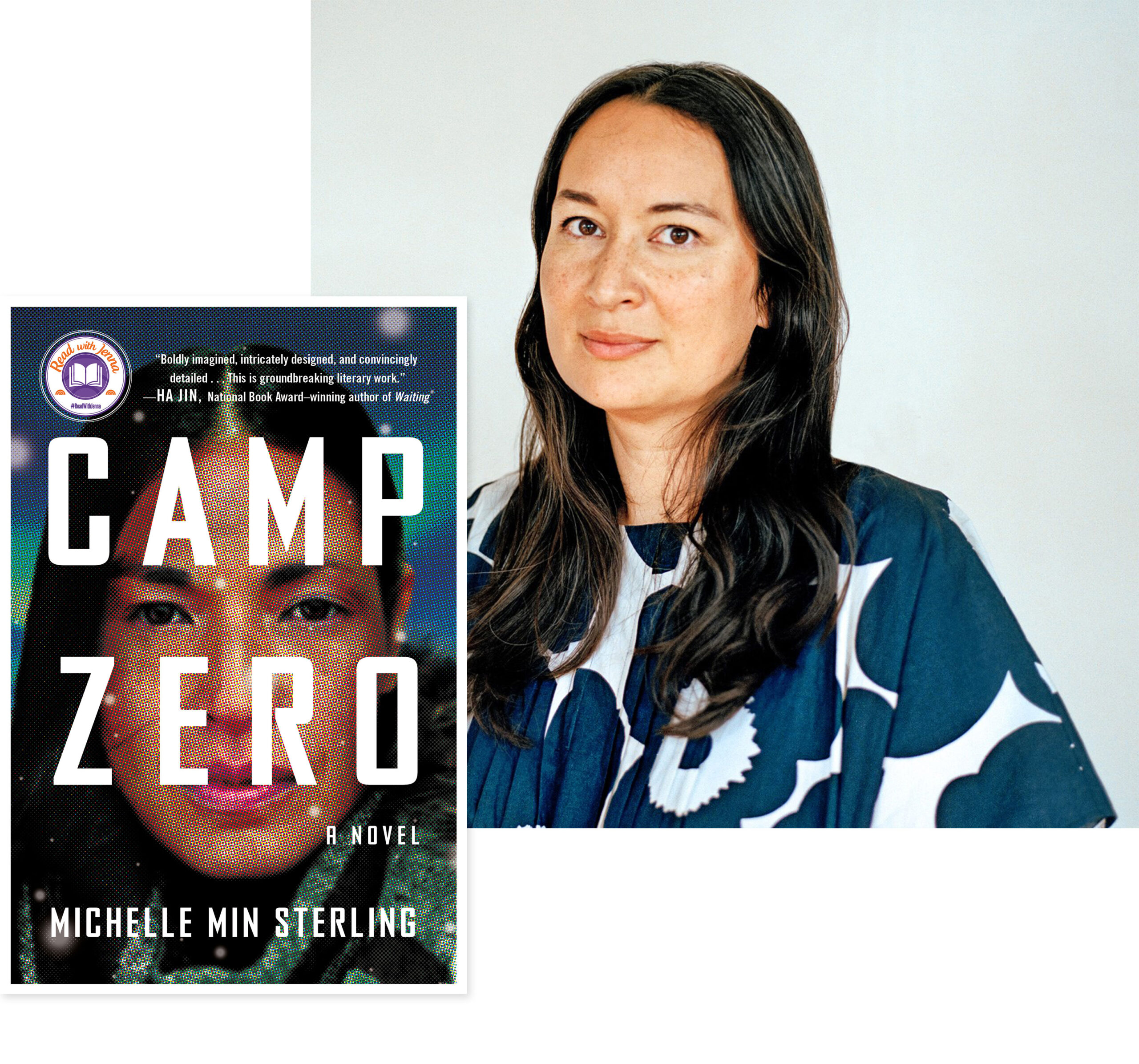
A x S: When did you start writing?
Michelle Min Sterling: I’ve had the ambition to be a writer since I was 15. I saw it as a way of understanding the world around me, like a window was opening up in my head.
What sparked your interest in cli-fi, the new genre of climate fiction?
I read an article about the melting of the Northwest Passage. I wondered: How would climate change impact the way people conceive of northern places, and what are the economic opportunities, as well as the provocations?
Parts of Camp Zero take place in Boston—what motivated this fictionalized version of the city?
In the time I’ve lived in Boston, the Seaport district has changed dramatically. I was interested in imagining that space in the future, where it would be a separate city available to those with the connections and wealth to shield themselves from the ravages of climate change. That’s the Floating City on Boston Harbor.
How did you develop the Flick, a technology implanted at birth to provide people with 24/7 virtual reality and internet access?
In the novel, the Flick was originally created and marketed as a utopian intervention. Of course, the Flick also degrades memory and becomes a way for people to not be as connected to the physical world they live in or to each other. I didn’t want the Flick to be too didactic, to suggest that’s what happens when you use your phone; I wanted to think through how technology mediates our lives.
The Flick, like Boston, is familiar but fictionalized. Why is defamiliarization important to the novel?
Our relationship to our smartphones, climate change, income inequality—these are real conversations that touch everyone, but placing them a little bit in the future creates defamiliarization enough that a reader can imagine different possibilities. As a reader, I like to map my own reality onto a space; speculative fiction allows that possibility of flexible narrative. The same could be said about the ending, which is quite open-ended. I wanted the reader to imagine how the story continues for them. I’m interested in interrogating the possibility of different futures.
Michele Courton Brown (CAS’83) of Jamaica Plain, Mass., was named chair of the YouthBuild USA board of directors, making her the third person and first Black woman in the nonprofit’s history to take the position.
Ben Thomas (GRS’99,’05) was named executive director of the Society of Architectural Historians in December 2022.
Brian Walsh (CAS’90) of Walpole, Mass., was appointed an associate justice of the Massachusetts District Court by then governor Charlie Baker.
Shin Yu (Doris) Pai (CAS’97) of Seattle, Wash., was appointed civic poet of the city of Seattle and will serve in a public laureateship role until 2024.
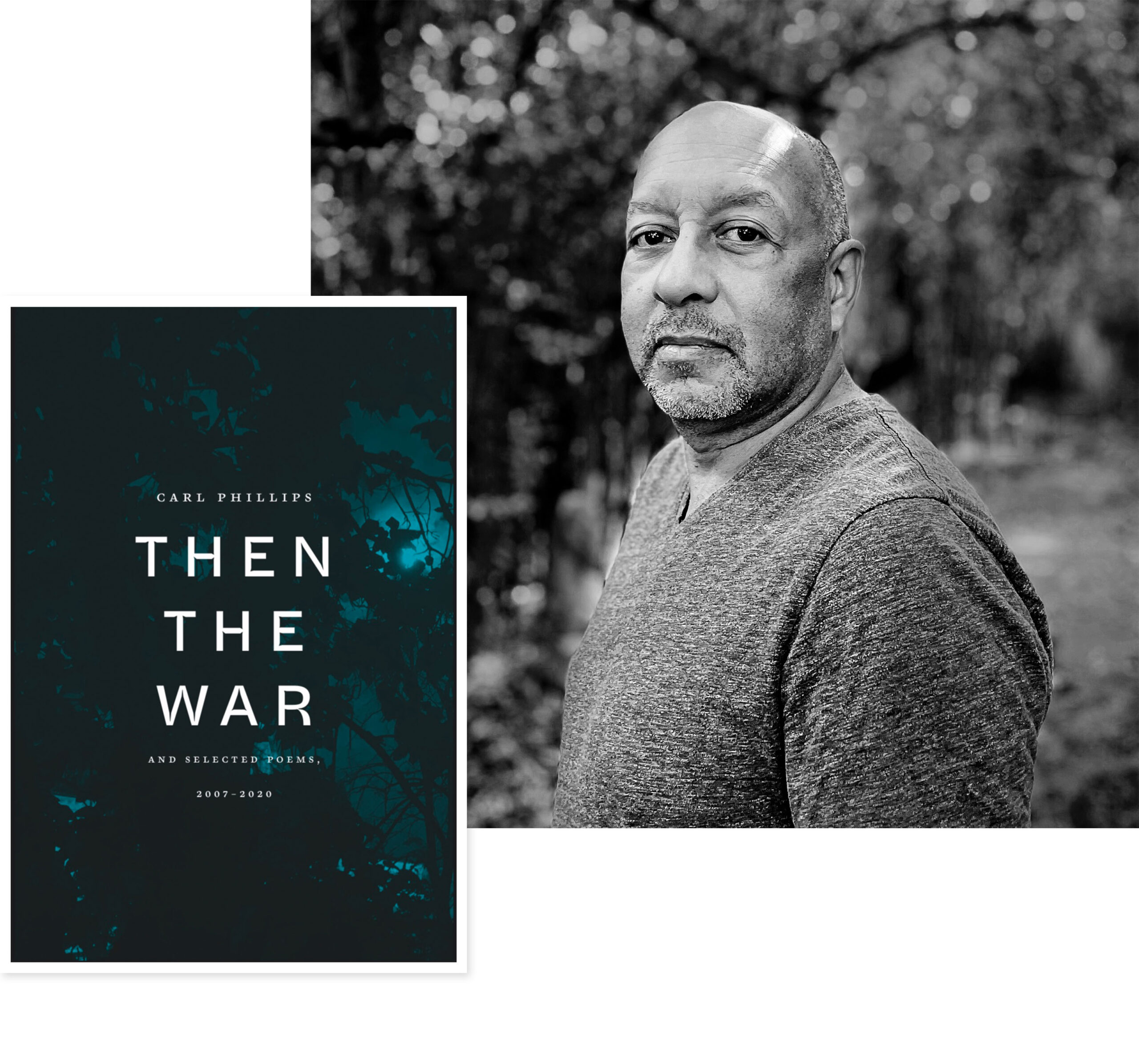
Carl Phillips (GRS’93) had no idea he was in the running for the 2023 Pulitzer Prize in Poetry when he won the coveted award for his collection Then the War: And Selected Poems, 2007–2020. Phillips, a professor of English at Washington University in St. Louis, Mo., originally planned to be a veterinarian until he discovered a love for Greek and Latin, which he taught in high school until he began writing poetry again for the first time since his teens. While the Pulitzer has launched Phillips into the limelight, he has long been recognized as one of the most influential poets of his time for his work, which grapples with the inherent tensions of humanity: our morality, sexuality, desire, identity, fatal flaws, and our capacity for tenderness. Then the War (Farrar, Straus and Giroux, 2022) spans 15 years of American social and political tensions, reflecting and refracting an unprecedented presidency, a global pandemic, and our rapidly evolving and increasingly global culture.
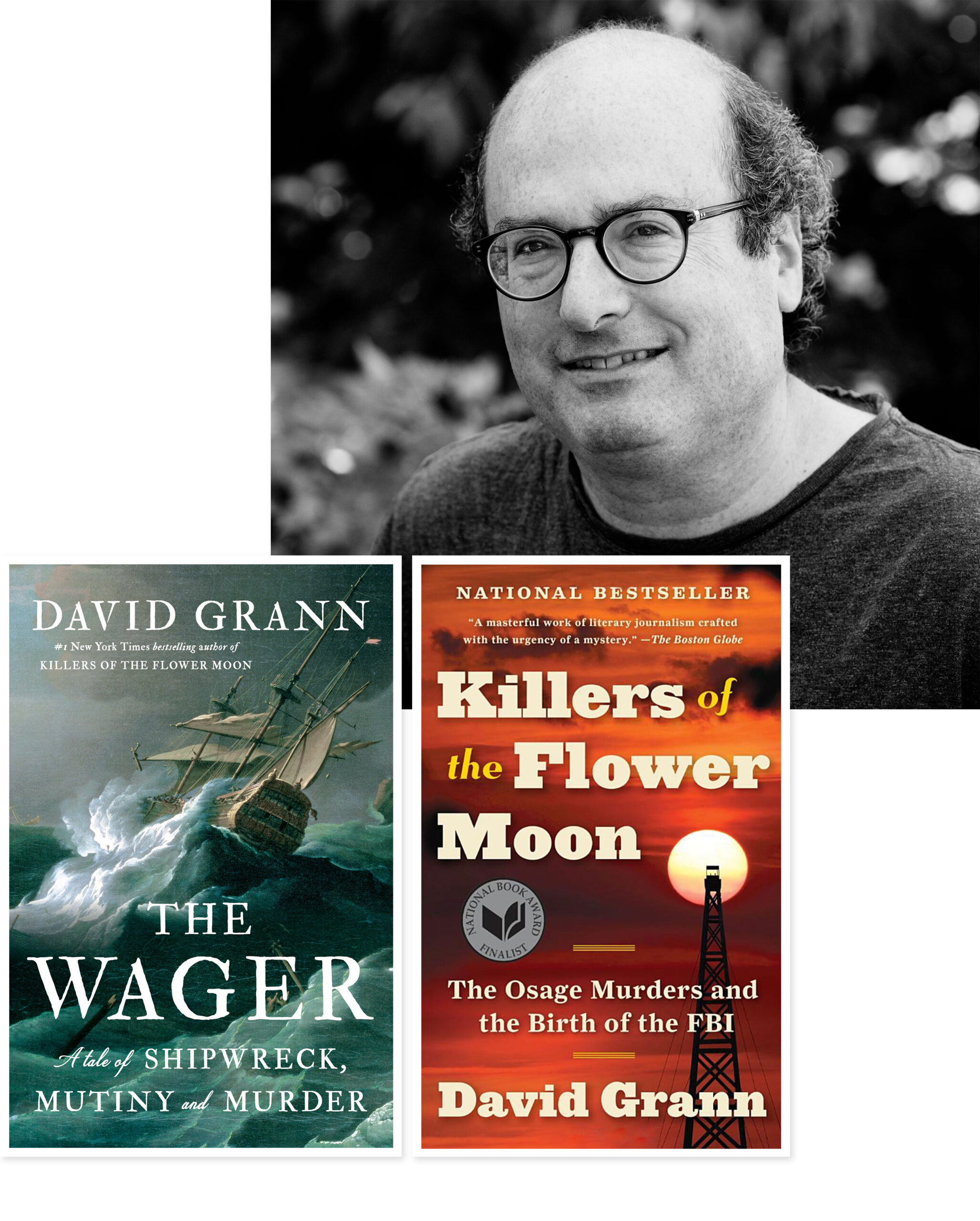
David Grann (GRS’94) is known for his exhaustive world-building and attention to detail, which has won the New Yorker staff writer high praise and comparisons to Truman Capote. In 2023, Grann published The Wager: A Tale of Shipwreck, Mutiny and Murder (Doubleday, 2023) and saw his 2017 book Killers of the Flower Moon: The Osage Murders and the Birth of the FBI released as a feature film starring Robert De Niro and Leonardo DiCaprio and directed by Martin Scorsese. Asked about the best part of the filmmaking process, Grann cited the filmmakers’ efforts to work with the community depicted in the book: “What’s been so gratifying is not so much the collaboration between me and the filmmakers but the collaboration between filmmakers and members of the Osage Nation, who have been so deeply involved in the development of this film. There are Osage actors with speaking roles, many of whom weren’t actors beforehand. There were Osage experts and language consultants, which has been an effort by the Osage Nation to revive the language over the last few decades. My hope in telling that story was that it would share some of that history with others, and we know that a movie can reach even more people. So, when Scorsese and DiCaprio read The Wager before it came out and said, ‘We’d like to team up again,’ I was like, ‘Great. I could not be in better hands.’”
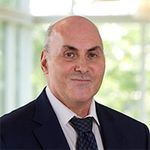
Physician and scientist Drew Weissman (CAMED’87, GRS’87, Hon.’23), and his research collaborator, Katalin Karikó, won the 2023 Nobel Prize in Physiology or Medicine for their pioneering work developing the technology that powers the Pfizer-BioNTech and Moderna COVID-19 vaccines. (Read more)
Barbara Lee (CAS’59) of New York, N.Y., published Praying Through Pain (Loyola Press, 2022). After a career as a lawyer and judge, Lee turned to volunteer work and took graduate courses in spirituality and spiritual direction, which she has practiced for the past six years.
Darrell Reeck (GRS’70, STH’70) of Newberg, Ore., published A Compelling Bag of Bones: Joseph and Mary in Africa (Darrell Reeck, 2022), a work of historical fiction that incorporates elements of the real-life disappearance of Sengbe Pieh, a captured African man who led a revolt on the slave ship Amistad.
Nancy Rosenstock (CGS’69, CAS’71) of Chicago, Ill., published Inside the Second Wave of Feminism: Boston Female Liberation, 1968–1972—An Account by Participants (Haymarket Books, 2022), the story of a radical feminist organization of which she was a member.
Zoe Fishman (CAS’98) published The Fun Widow’s Book Tour (William Morrow Paperbacks, 2023), a novel about Mia (also a BU alum, a writer, and unexpectedly a widow), who goes on a book tour for her memoir, three years after the death of her husband.
On September 23, 2023, Arts & Sciences honored four of its finest with Distinguished Alumni Awards. Deirdre M. Giblin (CAS’90) has devoted her legal career to immigration with a focus on asylum and refugee law. Christine Kannler (CAS’96, CAMED’00, SPH’00), a dermatologist, has become an advocate for firefighter health and performs pro bono skin cancer screenings at firehouses. Prerna Mukharya (GRS’09) founded Outline India, which analyzes data collected by field workers to help inform health and education policy. And artist and educator Leslie Sills (CAS’69) highlights artists of color in her books and teaches elementary school children in her studio.
Read more of these distinguished alumni’s stories and see a list of past award winners.
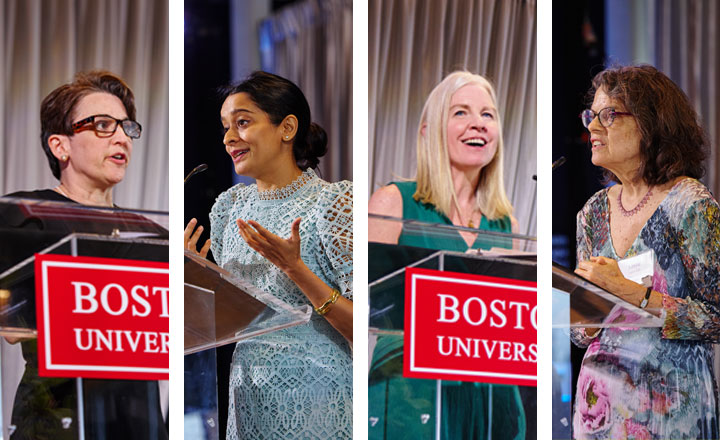
dermatologist and health advocate
“If we want to change health outcomes, we need to educate people like firefighters to change behavior that has both short- and long-term effects on their health. I clearly wouldn’t be where I am today and wouldn’t have the leverage to help the firefighters if I hadn’t attended BU.”
founder of Outline India
“For much of India that still lives in villages and does not use the internet like you and I do, it was important to reach out and talk to them [and] then take that information and data to those in positions of authority—be it philanthropists, policymakers, academics, think tanks, sustainability teams and innovators.”
immigration law and human rights attorney
“My work in the field of human rights with refugees and asylum seekers has shown me firsthand that all humans innately seek safety, freedom, and equality. I love working with clients and hearing their personal stories; sitting with them and learning about who they are and what they hope for their future is a sacred space and a serious responsibility.”
artist, author, and educator
“Studying psychology helped me be who I am. It also helped me be a good teacher and appreciate my students with all their complexities and issues. I consider myself an artist, but psychology is a huge part of me.”